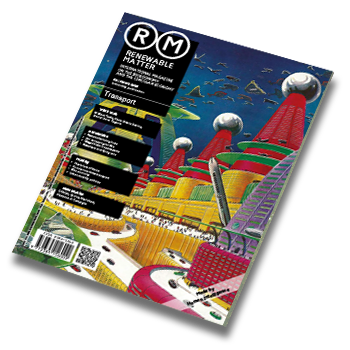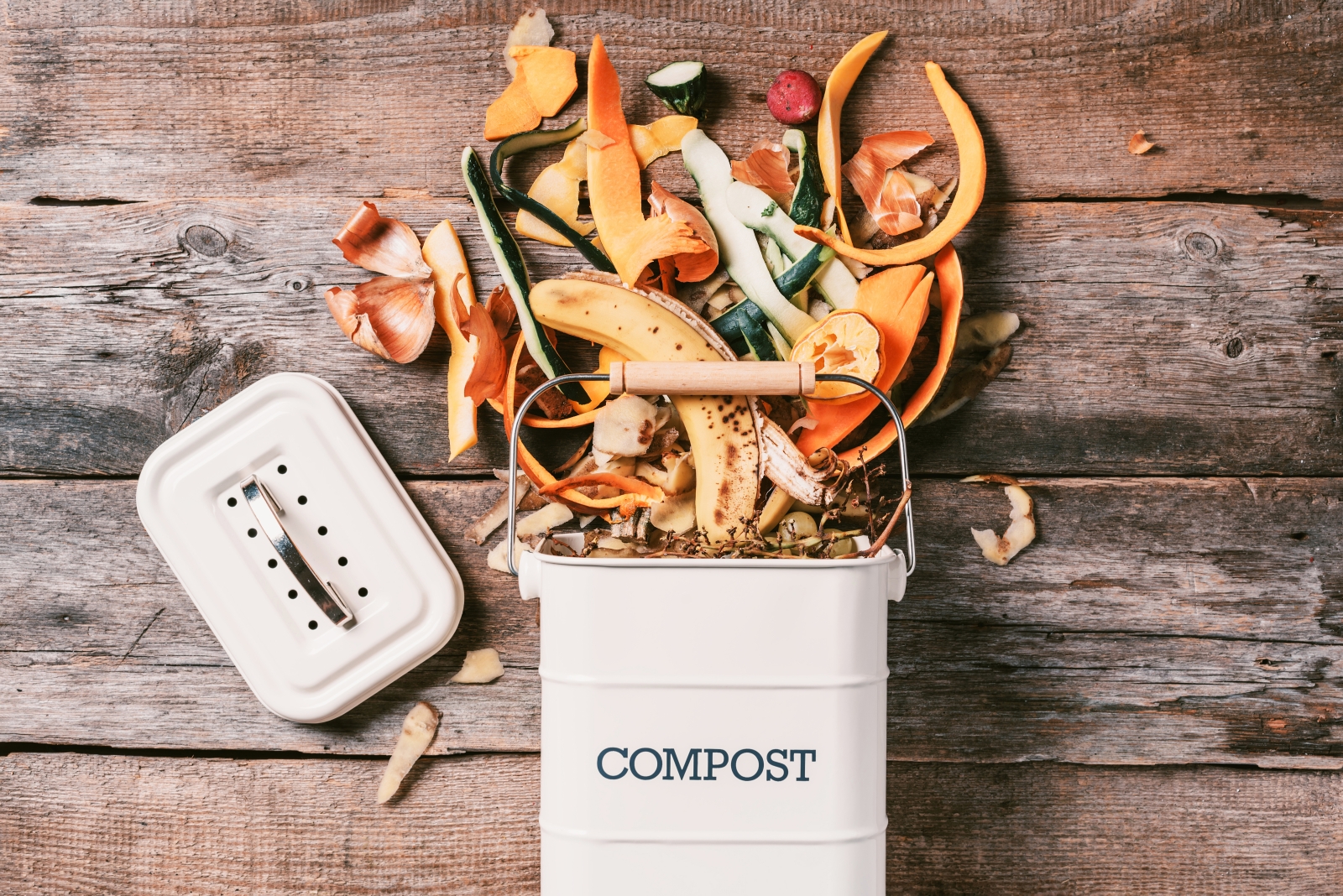More and more people are turning to home composting as a way of being greener, improving their gardens and making use of organic waste which would ordinarily be sent for recycling or to landfill. Home composting is an easy and effective way of adding nutrients to your soil and saves money on buying expensive fertilisers that are often riddled with chemicals.
By composting your own food and garden waste and recycling it into home composting, you will see several benefits both to your own garden and to the environment as a whole.
Decreases greenhouse gas emissions
Many commercial fertilisers will include nasty chemicals that will affect greenhouse gas emissions and likely infiltrate other gardens and the air around them, thus negatively infecting the earth’s atmosphere and adding to holes in the ozone layer and the perils of climate change. The methane gas produced by food waste sent to landfill is thought to contribute 20% to all global emissions.
Therefore, using purely organic fertiliser which you have created yourself from your own household and garden waste you can be assured that everything you are using is 100% natural and won’t have such a detrimental effect on the planet. In fact, it will have a positive one, due to the added benefits of recycling and reusing, rather than disposing. Even to the point that you will need fewer waste collections or trips to the tip to get rid of it all thereby decreasing potential vehicle emissions too.
If you aren’t able to develop a home composting system, then it is worth approaching an organisation which deals with food waste collections, as they will have all the processes in place to ensure that they are as environmentally-friendly as possible in everything that they do.
Reduces water contamination
It might not be something that immediately comes to mind when considering home composting, but food waste produces something called leachate which is a brown liquid that leaks from the mulch and can actively contaminate the water supply by getting into it during the transportation process, as it comes into contact with the ground and any surface water.
If you add to this any fat or cooking oil that you have disposed of too, then you can see the issue, as these can cause major blockages in pipes and have a catastrophic effect on supply.
Boosts moisture retention
During the dryer months of the summer, it is important that plants have access to water. By using home composting, the natural water retention helps with the absorption of water in the soil and gives your garden a year-round supply of moisture to draw from.
Not only does this make your plants healthier and stronger, ensuring your garden remains lush and beautiful, but it also negates the need for hosepipe or sprinkler watering, which can sometimes be universally banned during times of drought.
Adds nutrients to the soil
It isn’t just the moisture from the home composting that is added to the soil. But, natural and organic nutrients can make a huge difference to the condition and expected lifetime of your flowers, hedges, plants and grass too.
Calcium, magnesium and potassium are all vitally important when it comes to healthy soil and its fertility. Increasing these through home composting of food and garden waste means the soil will absorb, hold and release the relevant minerals as and when required by the plants it is feeding. This automatic increase in the Cation Exchange Capacity of nutrient retention makes it easier for those nutrients to be dispersed where they are needed.
Improves crop yield
Don’t forget about fruit trees and vegetable plots either. The circle of life comes into play beautifully when you use your old carrot scrapings, apple cores and lettuce leaves in home composting to grow your own carrots, apples and lettuce in your personal garden or allotment.
By feeding your fruit and vegetables with their own kind there can be no unnatural contamination and the increase to the yield of your crops and successful growth will quite literally bear fruit (and vegetables).
Uses up waste food
It isn’t just waste fruit and vegetables that can be used in composting. You can also throw in egg shells, coffee granules and old tea bags. You can even add soft cardboard such as toilet roll innards and egg boxes, as well as shredded newspaper. Anything that is able to biodegrade and get reduced down and adds to the nutrient composition of the soil will be of benefit.
By choosing to make use of the waste this way, rather than just adding it to your household rubbish collection to be sent to landfill and rot, produce harmful methane gas, increase carbon emissions and contaminate the water supply, you are saving the planet and contributing to a more natural growth cycle.
Home composting is easy and inexpensive
It can take anywhere from six weeks to several months for your compost to break down enough to use it. But, it is still far cheaper and more convenient than buying expensive chemically-enriched fertiliser that can often do more damage than good. You barely need anything to begin your home composting journey, so you can start whenever you are ready.
Home composting doesn’t have to be difficult either. Once you know what you can and can’t use, you can just throw it into your composting bin. All you need is a container of any size, with a lid, to start making your own compost.
If you have somewhere outside to keep it, that will be better than having it inside as it could start to smell as it begins to compost down. You may wish to use a smaller food caddy in your kitchen, for ease, which you then regularly empty into a larger unit outside. To cut down on the smells add carbon-rich materials, such as newspaper, to balance out the green waste and help it to break down organically and effectively.
Home composting, your bit for the ecosystem
Home composting is a relatively simple way of doing your bit for the ecosystem and ensuring that harmful pollutants are not being used, or produced, when they don’t actually need to be. Whatever the size or condition of your garden or allotment, using home compost can only be of benefit to it and you will see those benefits for many years to come, as your plot continues to grow and produce.



